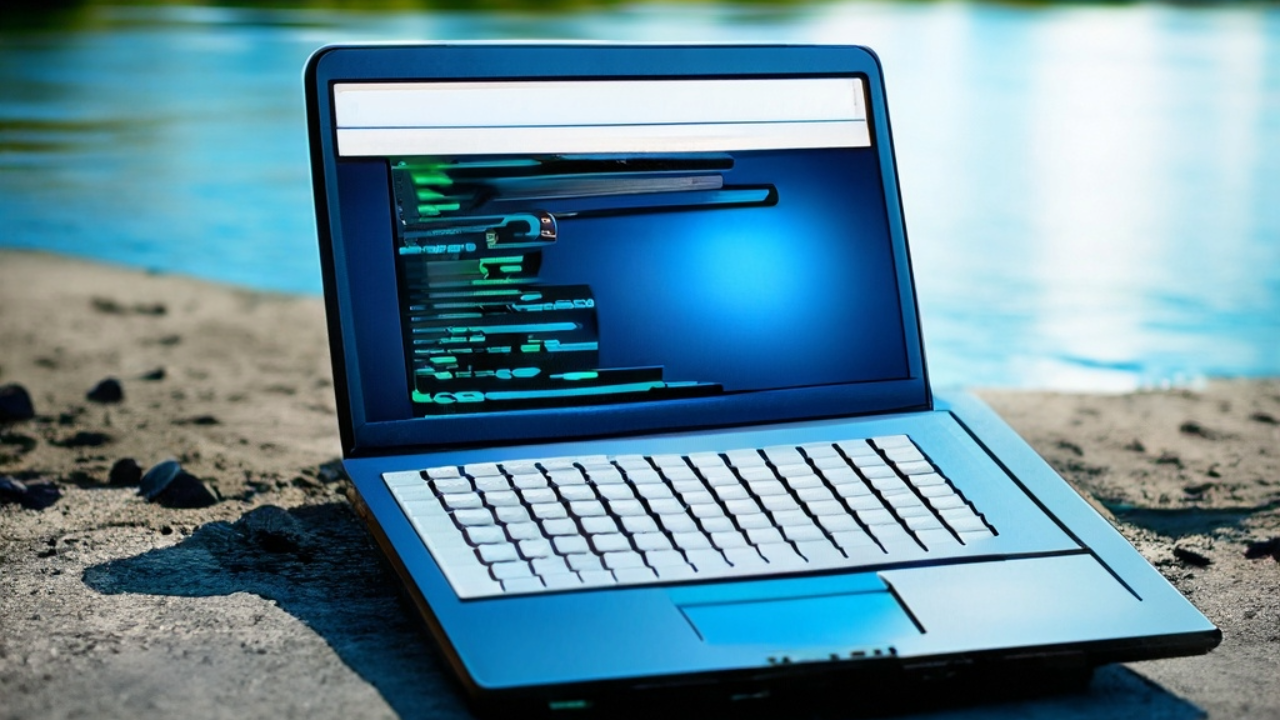Introduction
Linux’s power lies in its command-line interface, and mastering essential commands is key to becoming proficient. In this article, we’ll explore a set of vital Linux commands, shortcuts for popular editors (neovim, vim, and emacs), and delve into file permissions. We’ll also guide you on how to add popular plugins step by step.
Editor Shortcuts and Popular Plugin Installation
Learn essential shortcuts and how to install popular plugins for neovim, vim, and emacs.
Creating and Modifying Files
touch a.txt: Create an empty file.
chmod +x a.txt: Add execute permission to a file.
chmod 777 a.txt: Set read, write, and execute permissions for all users.
chmod 776 a.txt: Set read, write, and execute permissions for owner and group.
Running Bash Scripts
./bashscript: Execute a bash script.
bash bashscript: Run a bash script.
Understanding Environment Variables
echo $PATH: Display the system's PATH environment variable.
bash bashscript (with arguments):
echo $1 $2: Access and display command line arguments.
echo helloworlddddddddddd: Output a simple message.
echo "hello": Output a message with quotes.
Working with Files and Searching
sudo pacman -S mlocate: Install the 'mlocate' package.
which locate: Find the location of the 'locate' command.
export PATH=$PATH:/usr/bin: Add a directory to the PATH environment variable.
source ~/.zshrc: Refresh the shell configuration.
find ~/ -name "example.txt": Search for a file by name.
grep -rl "search_string" /path/to/search: Recursively search for a string in files.
sudo updatedb: Update the 'locate' database.
Understanding File Permissions
Learn about file permissions and their meanings, as displayed by the 'ls -l' command.
Conclusion
By mastering these essential Linux commands, shortcuts for popular editors, and understanding file permissions, you’ll become a more effective and capable Linux user.
